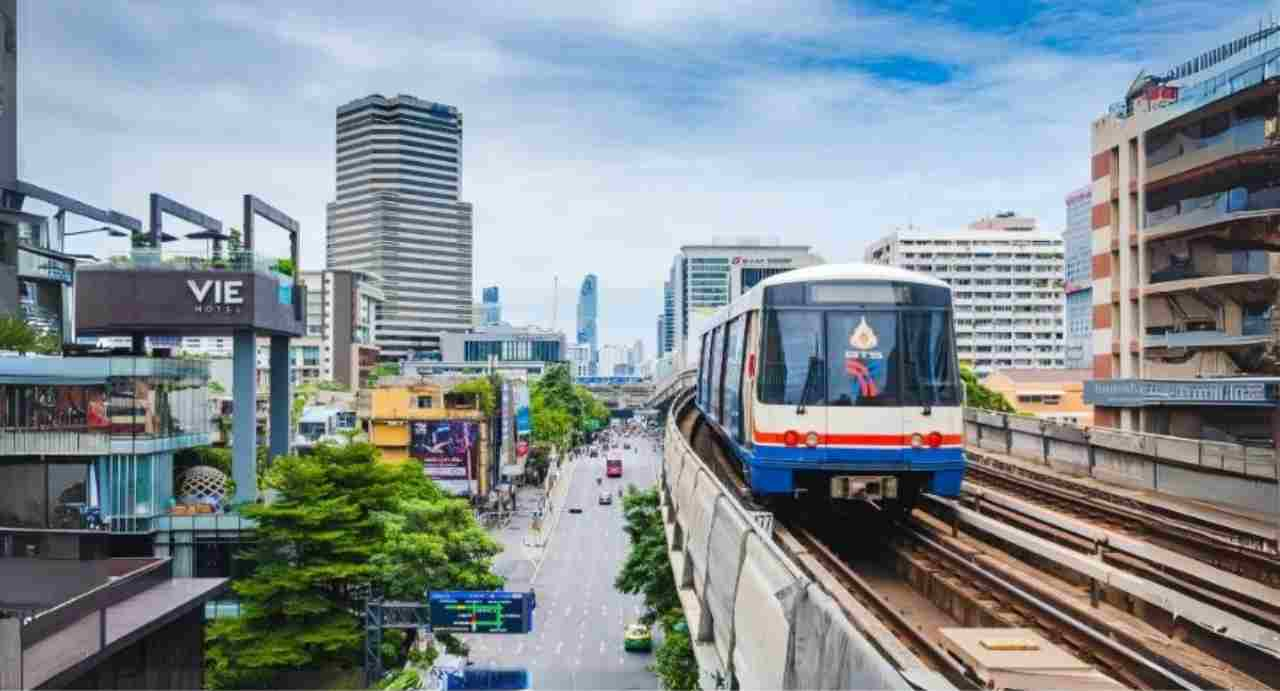Introduction
Nigeria faces one of the largest infrastructure deficits in the world. From inadequate road networks to congested seaports and overstretched airports, the demand for modern infrastructure far outweighs the government’s ability to finance it. In this context, public concessions—structured under the broader framework of Public-Private Partnerships (PPPs)—have emerged as a viable solution to bridge this gap.
For Nigeria, public concessions are not merely economic arrangements; they represent a strategic collaboration between the public and private sectors, leveraging the efficiency of private capital and management while preserving government oversight and ownership. At Ace & Vanguard Legal Practitioners, we view public concessions as a critical legal and economic tool that must be carefully structured to balance investor interests with public accountability.
What is a Public Concession?
A public concession is a PPP arrangement in which the private sector (the concessionaire) finances, builds, operates, and maintains a public infrastructure project for a defined period. In return, the concessionaire recoups its investment by charging user fees (such as tolls or service charges) or through other agreed mechanisms.
Key features of public concessions in Nigeria include:
Private Sector Financing – The concessionaire provides capital for construction, rehabilitation, or expansion of infrastructure.
Operation and Management – The private party assumes responsibility for delivering services efficiently.
Public Ownership – Assets remain owned by the government, even though the concessionaire has operating rights.
Government Oversight – The government regulates performance and ensures compliance with standards through agencies like the Infrastructure Concession Regulatory Commission (ICRC).
This model not only spreads financial responsibility but also injects private-sector efficiency into critical national projects.
Why Public Concessions Matter in Nigeria
- Addressing the Infrastructure Deficit
Nigeria’s annual infrastructure financing gap is estimated at tens of billions of dollars. With limited public funds, concessions provide an alternative path to mobilize resources and close this gap.
- Leveraging Private Sector Expertise
Concessionaires bring technical know-how, innovative financing models, and operational efficiency that often surpass government delivery systems.
. Improved Service Delivery
Well-structured concessions can improve service quality. For example, privately managed seaports in Nigeria have demonstrated greater efficiency than those run exclusively by government.
- Economic Growth Catalyst
Infrastructure is the bedrock of economic activity. Concessions enable smoother logistics, improved mobility, and more reliable utilities, ultimately driving economic growth and job creatio
Legal and Institutional Framework
Public concessions in Nigeria are governed by several laws and regulatory frameworks, with the Infrastructure Concession Regulatory Commission (ICRC) Act of 2005 serving as the cornerstone.
Key institutions include:
Infrastructure Concession Regulatory Commission (ICRC): Oversees PPP projects, ensures compliance, and protects public interest.
Bureau of Public Enterprises (BPE): Facilitates privatization and commercialization initiatives that often pave the way for concessions.
Contracting Agencies: Ministries, Departments, or Agencies (MDAs) responsible for initiating and supervising concession agreements.
Recent reforms, including President Bola Tinubu’s approval for the ICRC to independently approve PPP projects below ₦20 billion, aim to streamline processes and accelerate project delivery.
How Public Concessions Work: A Legal Perspective
Contractual Agreement
At the heart of every concession is a detailed contract between the government (contracting agency) and the project company (concessionaire). This document defines scope, duration, tariffs, risk allocation, dispute resolution mechanisms, and exit terms.
Risk Allocation
Effective concessions allocate risks to the party best able to manage them. For example:
Construction risk → Concessionaire
Regulatory risk → Government
Demand risk → Shared depending on project nature
Tariff and Revenue Model
The concessionaire typically collects user fees, but government support mechanisms—such as viability gap funding or guarantees—may be included to attract investors.
Oversight and Accountability
Independent regulators, along with performance monitoring frameworks, ensure the concessionaire delivers agreed service levels.
Notable Examples in Nigeria
Lekki-Epe Expressway (Lagos): Nigeria’s first major toll road concession.
Murtala Muhammed Airport Terminal 2 (MMA2): Operated by Bi-Courtney Aviation Services, a landmark in airport concessions.
Seaport Concessions: The privatization of Nigerian seaports has boosted efficiency and attracted investment.
These projects illustrate both the potential and pitfalls of concessions. While they have improved services, disputes over tariffs and contract enforcement highlight the importance of sound legal structuring.
Challenges in Public Concessions
Political and Regulatory Risks
Changes in government or policy shifts can disrupt concessions. Contract sanctity is critical to investor confidence.
Public Resistance to User Fees
Many Nigerians view tolls and tariffs as burdensome, leading to opposition that can derail projects.
Weak Institutional Capacity
Contracting agencies sometimes lack the expertise to design, negotiate, and monitor complex concession agreements.
Funding and Market Risks
Inadequate access to long-term financing in Nigeria limits the scale of projects private investors can undertake.
Dispute Resolution
Delays in courts and inconsistent arbitration outcomes can undermine confidence in concessions.
Recent Developments and Opportunities
President Tinubu’s Renewed Hope Agenda emphasizes infrastructure as a driver of national transformation, with PPPs positioned at the center.
Key opportunities include:
ICRC’s Expanded Role: Independent approval for projects under ₦20 billion accelerates decision-making.
Growing Investor Interest: Sectors like energy, transport, and housing are increasingly attractive to concessionaires.
Regional Models: Nigeria is learning from successful PPP frameworks in countries like Kenya and South Africa.
These developments present opportunities for lawyers, investors, and government agencies to reimagine concessions as strategic nation-building tools.
Best Practices for Structuring Concessions
From a legal standpoint, success depends on:
Transparent Bidding Processes – Competitive tenders reduce corruption and ensure value for money.
Balanced Risk Allocation – Overburdening either party increases the likelihood of failure.
Clear Dispute Resolution Mechanisms – Arbitration clauses, mediation options, and court access must be defined.
Community Engagement – Public buy-in is essential to mitigate resistance to user charges.
Continuous Monitoring and Evaluation – Regulators must enforce performance standards throughout the concession term.
The Role of Legal Practitioners
Drafting and reviewing concession agreements to safeguard client interests.
Advising on risk allocation and financing structures.
Ensuring compliance with the ICRC Act, procurement laws, and sector-specific regulations.
Representing clients in negotiations, arbitrations, or disputes.
Providing strategic guidance on stakeholder engagement and corporate governance.
With Nigeria’s infrastructure needs expanding, legal practitioners are uniquely positioned to shape fair, sustainable, and bankable concession frameworks.
Conclusion
Public concessions represent more than just contracts; they are partnerships for national development. If well-structured, they can unlock billions in private investment, deliver world-class infrastructure, and position Nigeria as a competitive force in Africa’s digital and industrial transformation.
However, success depends on sound legal frameworks, transparent processes, and sustained political will. By aligning investor interests with public accountability, Nigeria can harness public concessions as a cornerstone of its economic renaissance.




